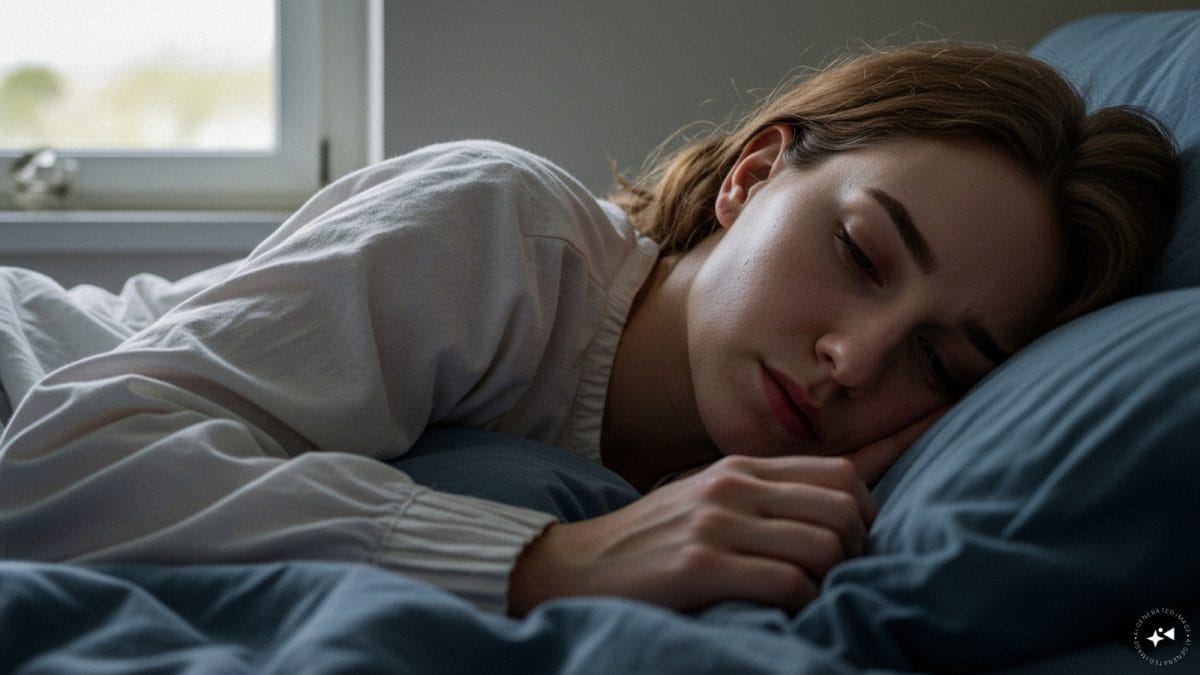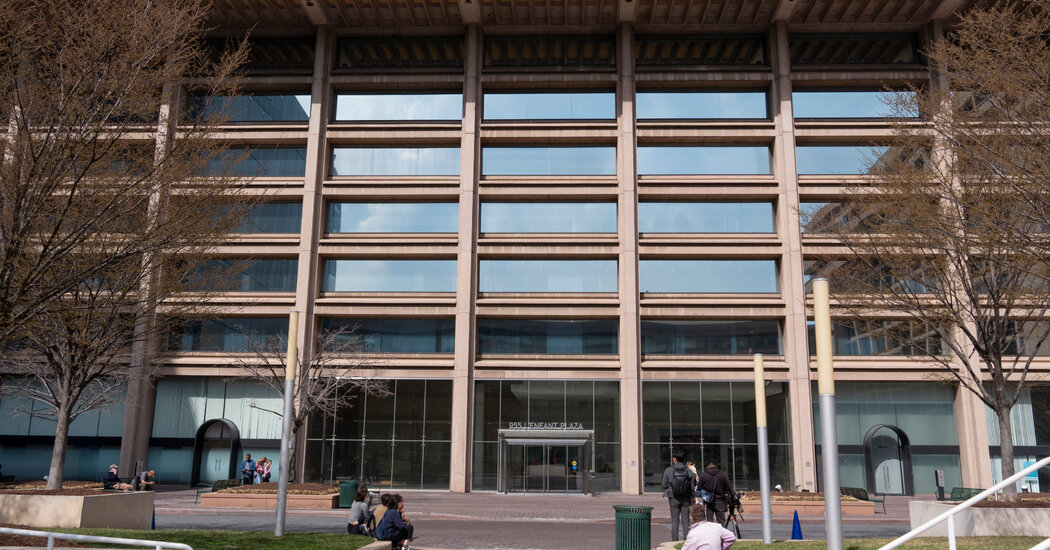
Don’t Hit The Bed Immediately After Eating; This Asana After Meals Could Save Your Heart – News18
Last Updated:
Many people have the habit of sleeping immediately after lunch, which can be harmful to their health. Sitting in Vajrasana is highly beneficial after meals. It aids digestion, provides energy, relaxes leg muscles, and helps control weight
Sleeping immediately after lunch or dinner can have several negative effects on the body, increasing the risk of various diseases. (AI Generative)
Nowadays, our busy lifestyle leaves little time to take care of our health. People leave for the office early in the morning and return home late at night. To wake up early the next morning, they eat dinner early and go straight to bed. This does not give the body enough time to digest food properly, increasing the risk of various health issues.
Many people have the habit of sleeping immediately after lunch, which can be harmful to their health. Dr Akshay Srivastava, Superintendent of Rewa Super Specialty Hospital, in Madhya Pradesh, shares that it takes three to four hours for food to digest. Sleeping during this time can disrupt digestion in the intestines, preventing the body from absorbing essential nutrients.
Disadvantages Of Sleeping Immediately After Eating
Sleeping immediately after lunch or dinner can have several negative effects on the body, increasing the risk of various diseases.
Effect On The Digestive System
If you sleep immediately after eating, your digestive system slows down. Due to the lack of bodily activity, digestion takes longer, leaving you feeling sluggish even after waking up.
Heart Problems
According to Dr Srivastava, sleeping immediately after eating hampers digestion. Consuming oily food in particular can raise cholesterol levels, increasing the risk of heart stroke, blockage, and heart attack.
Acidity
Walking after eating aids digestion, but sleeping immediately can trigger acidity. Lying down causes acid reflux, leading to indigestion, gas, and constipation.
Weight Gain
Sleeping right after eating prevents calorie burning, leading to rapid weight gain. Even with exercise, shedding the extra weight becomes challenging. To avoid this, it is essential to walk or engage in light activities after meals.
Insomnia and Fatigue
Indigestion caused by sleeping immediately after eating can disrupt sleep, potentially leading to insomnia. Over time, this can affect daily routines and even increase blood pressure.
Risk of Diabetes
Sleeping right after eating can cause a spike in blood sugar levels. Since the body is at rest, it struggles to digest excess fat and sugar properly, raising the risk of diabetes. Engaging in some physical activity after meals is crucial.
When and How to Sleep After Eating
If you feel extremely tired, Dr Srivastava suggests resting in a seated position on a sofa or chair after lunch instead of lying down in bed. However, elderly individuals, children, and pregnant women can rest if needed. If a person is ill and advised to rest by a doctor, they may sleep after eating.
A healthy individual should sleep two to three hours after dinner. It is advisable to have dinner between 6 and 7 PM. If you eat late, opt for a light meal and wait at least an hour before sleeping.
Avoid sleeping on your stomach or back after eating, as this can disrupt digestion and cause stomach pain or discomfort. Always try to sleep on your side. If you prefer to sit after eating, maintain a comfortable posture as sitting incorrectly may lead to stomach pain.
Sitting in Vajrasana is highly beneficial after meals. It aids digestion, provides energy, relaxes leg muscles, and helps control weight. Practising Vajrasana can also prevent indigestion.









